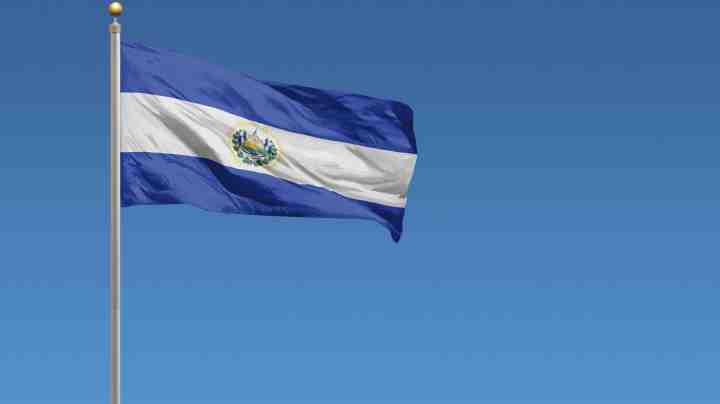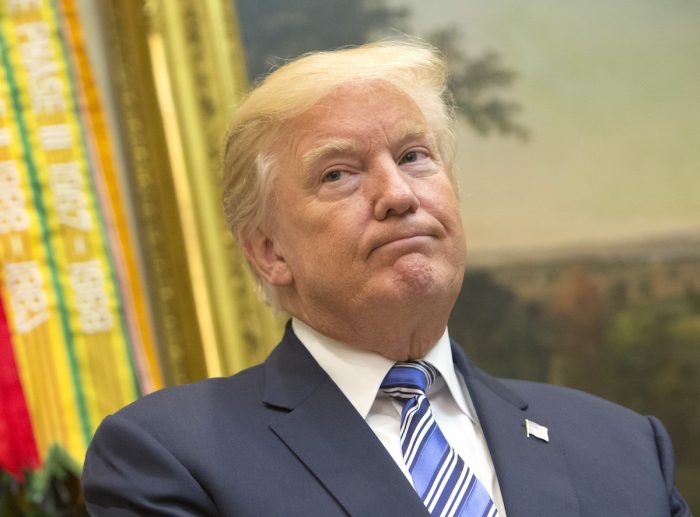The Candidates
https://www.instagram.com/p/BtJRjFknyEs/
Hugo Martínez – formerly a foreign minister and a member of the Frente Farabundo Martí para la Liberación Nacional, a guerilla group-turned-political party – is an experienced politician. But as the leftist FMLN faces significant backlash, Martínez finds himself in third place. And just before the election, Martínez was implicated in an embezzlement scandal tied to Mauricio Funes’ presidency – something he has denied. His running mate is Karina Sosa.
On the opposite side of the spectrum is Carlos Calleja, a businessman running under the right-wing ARENA party. Just like Martínez, he is unable to shake the negative associations with his party. Two former presidents belonging to the ARENA party have been accused of embezzlement. And yet, he is currently in second place and holds some advantage given that his party had a successful run at the legislative and municipal levels during the March 2018 elections. The party has a sizeable number of seats in Congress – 37 out of 84 – as well as nine mayors in the largest cities. Calleja appeals to conservatives, including a growing number of Salvadoran Evangelicals. His running mate is Carmen Aída Lazo.
Then, there’s Nayib Bukele, the frontrunner. It’s predicted that the former mayor of San Salvador will shake up the bipartisan politics that have ruled the Central American country for the last three decades – though Bukele has ties to both parties. He’s running under the Gran Alianza por la Unidad Nacional (GANA) – a center-right party that broke off from ARENA in 2010. He is also a former member of FMLN, which cut ties with him in 2017, partially because he posted negative comments about the party on social media. The two main parties facing intense scrutiny have helped the 37-year-old rise to the top. Still, Bukele – who wasn’t able to form his own party in time for the election – has also received criticism on everything from his views to accusations of plagiarism. His running mate is Félix Ulloa.
Coming in last is Josué Alvarado, a 62-year-old businessman running under VAMOS, which the candidate describes as the “first transnational party.” Alvarado, who entered the United States without documentation, may not have much support in the country – he’s not very well known either – but he does count the Salvadoran diaspora as his backers. They have primarily funded his campaign. His running mate is Roberto Rivera.

